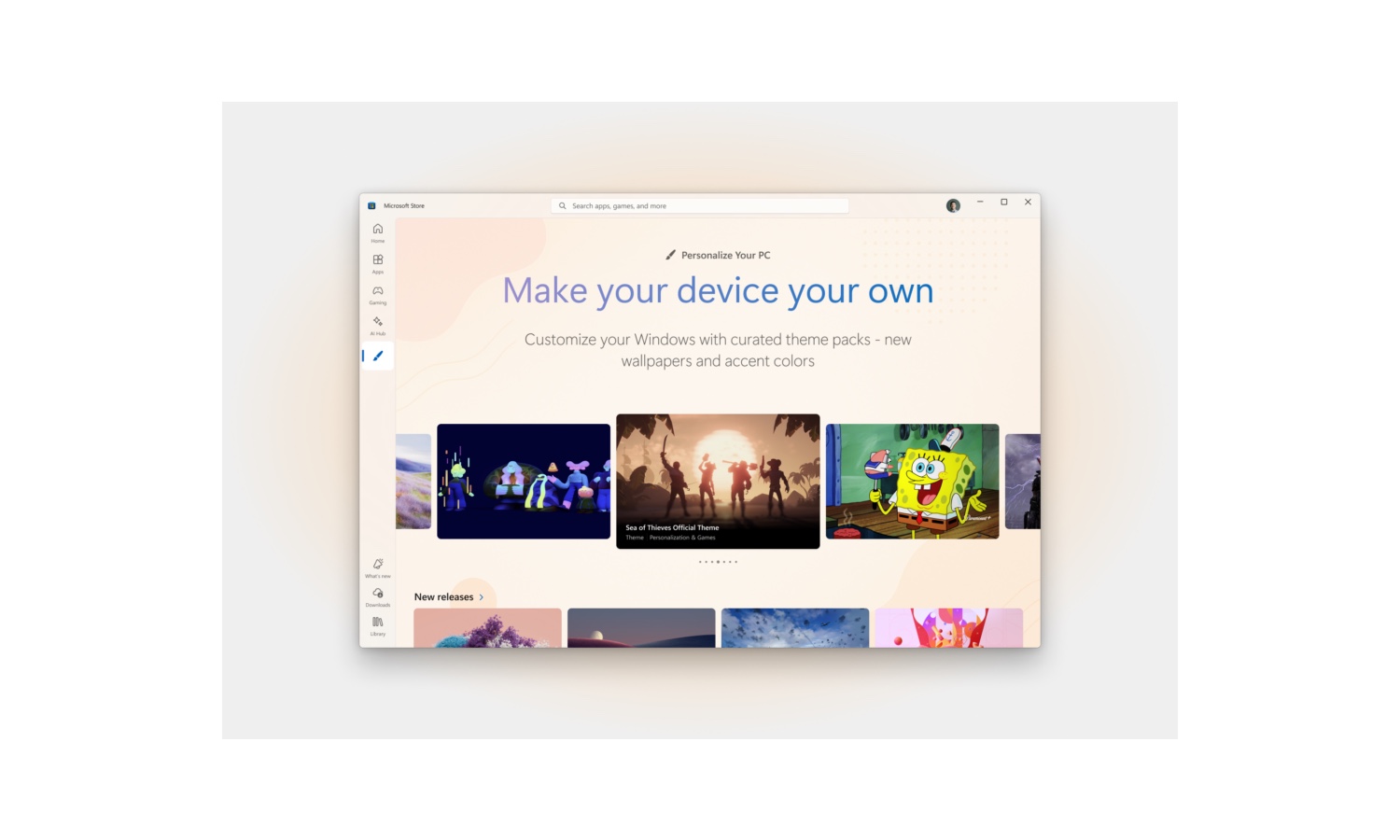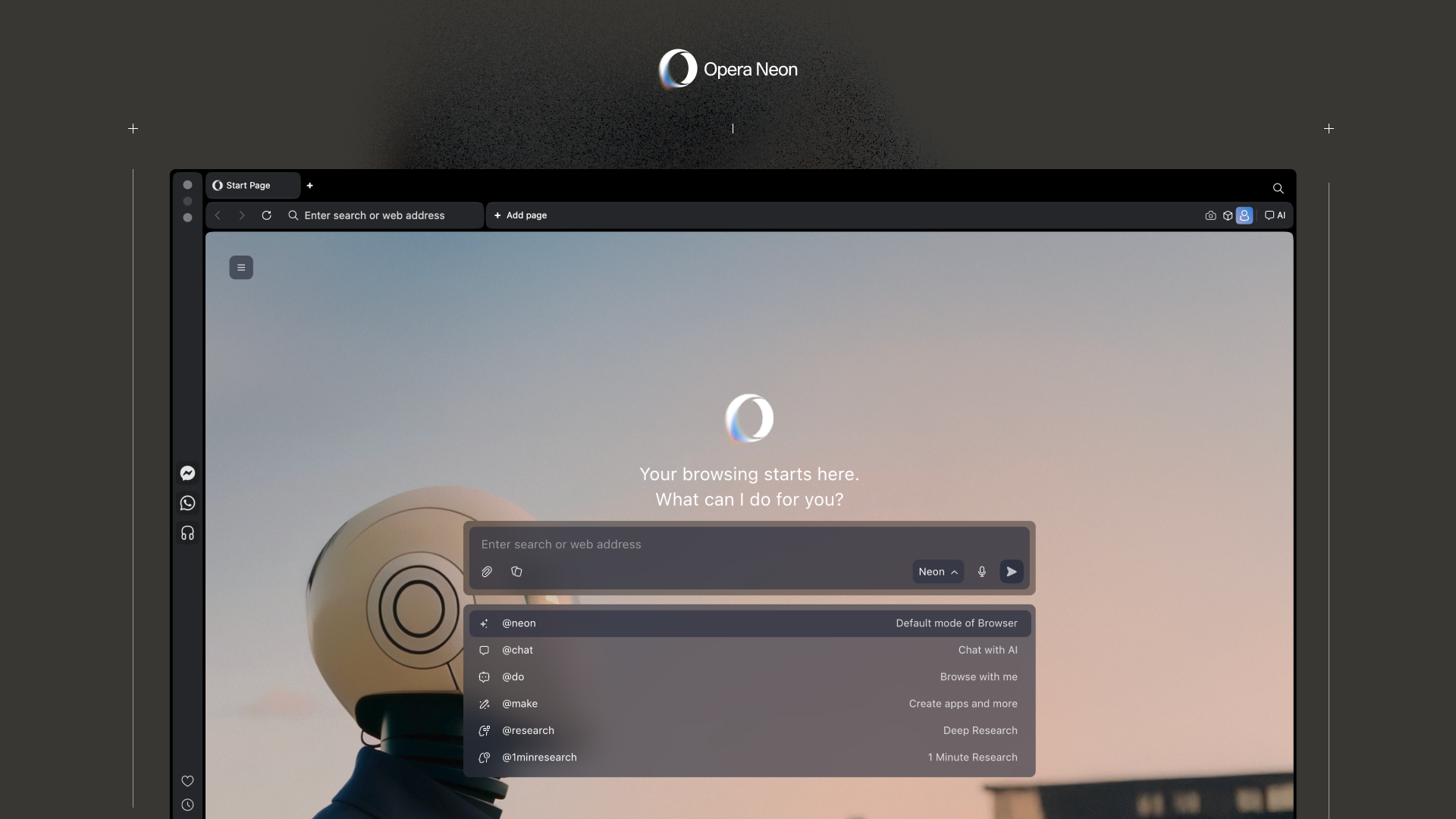
Huawei's new Mate X7 foldable phone has a slimmer build, upgraded cameras and an improved hinge
Huawei has taken the wraps off its Mate X7 foldable phone at a new "Unfold the Moment" event in Dubai. The new device features a slimmer profile and a hinge system designed for repeated daily use. The Mate X7 comes in a nano fiber woven-style Brocade White finish, with vegan leather versions in Nebula Red and Black also available.
Huawei has made a number of improvements to its camera system, including the addition of new Ultra Lighting HDR Camera, an Ultra-Wide Camera and a Telephoto Macro Camera, as well as second generation True to Color Camera, which promises 43 percent better color accuracy. Video can be recorded at up to 17.5 EV HDR to capture brighter highlights and more shadow detail.

One in 25 digital identity checks flagged as fraudulent
Regulatory tightening across the EU and UK, including the EU’s new anti-money laundering package and platform-economy rules, as well as emerging age-assurance requirements around online safety, have pushed organizations to formalize identity checks at scale.
But identity verification provider Veriff has published its 2026 Identity Fraud Report, showing that 4.18 percent of all digital identity checks processed through its platform in 2025 were flagged as fraudulent – the equivalent of one in every 25 verification attempts across its global dataset.

How self-governing identity infrastructure can streamline policy enforcement [Q&A]
Managing identity is one of the more challenging cybersecurity tasks and can soak up a good deal of time and resources.
We spoke to Raz Rotenberg, co-founder and CEO of Fabrix Security, to discuss the rise of self-governing IAM systems that don’t just enforce policy -- but continuously adapt, reason, and remediate access in real time.

Microsoft massively expands the scope of its bounty program
Microsoft is just one of many technology firms that have a bounty program that offers financial rewards for anyone who discovers security flaws in its products and services. The company has just announced a huge expansion of the scheme so it even covers problems found in third party code.
Vice President of Engineering at Microsoft Security Response Center, Tom Gallagher, announced the broadened scope at Black Hat Europe. He stressed that “keeping our customers secure is our top priority”.

You can now grab a wide selection of Windows 11 themes from the Microsoft Store
The Microsoft Store app is where you tend to go to download apps and games, but Microsoft is expanding its range of stock.
The latest addition to the Store is a new Themes department, which Microsoft says gives users a way to stamp their personality onto their computer. There are hundreds of themes to choose from, many of which are completely new for the arrival of the Themes section.

Google Maps now makes it easier for iPhone users to find their cars
Google has launched a new feature for iPhone users that could make owners of Android handsets a little envious. Anyone who has parked their car in an unfamiliar town or in a particularly gigantic parking lot will have experienced the panic of not being able to locate their vehicle – Google Maps is now on hand to help.
iPhone owners using Google Maps – yes, this breed of person does exist – can now have their parking location saved automatically. This is an upgrade of what is available to Android users at the moment.

Disney and OpenAI strike deal to bring classic characters to Sora
As the old saying goes, if you can’t beat them, join them. AI generated video is already absolutely everywhere, and you're about to start seeing a lot more of it -- this time featuring a host of well known Disney characters. The Walt Disney Company and OpenAI have agreed a new deal that brings characters from the House of Mouse’s many brands to Sora.
The partnership links Disney’s library with OpenAI’s video generation tools and gives fans new ways to create and watch short clips. If you've ever wondered how Lady and the Tramp would react to sharing a meal with Pumbaa, you'll soon be able to find out.

GenAI lacks the creativity to make scientific discoveries [Q&A]
Generative AI is often praised for its ability to analyze data, summarize research and even propose scientific ideas, but new findings suggest its creative limits are more substantial than many of the exciting headlines imply.
Research led by Professor Amy Wenxuan Ding of emlyon business school and Professor Shibo Li of Indiana University found that while GenAI can imitate the process of science, it cannot yet produce the imaginative leaps that drive true discovery. In their study, which you can read here, a computer simulated experiment challenged ChatGPT-4 to solve a real genetics puzzle, asking it to propose hypotheses, design lab experiments and revise its thinking as results unfolded.

AI use grows in the workplace but organizations struggle to secure the human element
A new report reveals that security leaders are facing increased pressure in managing behavioral cybersecurity risk as the workforce transforms to include AI.
The study from KnowBe4, of 700 cybersecurity leaders and 3,500 employees, finds incidents relating to the human element surged by 90 percent in the past year. Examples of ways these incidents can occur include social engineering attacks such as phishing or business email compromise (BEC), risky or malicious behavior and human error.

Industrial routers on the front line of attacks
Attacks on operational technology (OT) are growing more automated and indiscriminate, Forescout Research- Vedere Labs’ latest honeypot analysis shows just how aggressively adversaries are probing industrial systems.
New data shows industrial routers are now the most attacked devices in OT environments, drawing 67 percent of all malicious activity in Forescout’s 90-day honeypot analysis.

Opera Neon, Opera's experimental agentic AI browser, is now available to all
Two months after its invite-only debut, Opera’s experimental agentic browser, Opera Neon, is now available for anyone to download and try out. Neon is designed for people who want to work with emerging AI tools as soon as they become available.
The software has been in a closed "Founders phase" since early October, and the removal of the waitlist means anyone can now sign up to use it for $19.90 a month.

Over a third of organizations adjust security strategy for AI-driven threats
More than one in three organizations (37 percent) say AI-driven attacks forced them to adjust their security approach over the past year according to a new report from Netwrix.
The global survey of 2,150 IT and security professionals from 121 countries finds 30 percent say their business uses AI and must now protect it like any other critical system. Compliance is catching up too, 29 percent report auditors now require proof of data security and privacy in AI-based systems.

Stardock releases Fences 6.20 with new Rollup options and desktop fixes
Stardock has rolled out an update for its popular Fences desktop organization tool. The program creates grouped areas on the Windows desktop for managing icons, folders, and automation rules, and version 6.20 introduces new interaction options along with fixes that address behavior in both single and multi display setups.
The update's biggest new addition is a "click to open" option for Rollup Fence groups. These groups normally expand when the mouse passes over them, occasionally leading to accidental openings. The feature can now be set to require a click instead, or have the group open only if the pointer pauses briefly over the area, offering a slower hover response.

Microsoft has fixed that Windows 11 dark mode bug that has been annoying you
With the release of the KB5072033 update for Windows 11, Microsoft has addressed a problem that was introduced by a previous update.
Following the recent release of the KB5070311 update, Microsoft was forced to admit that it had – for many people – introduced a flashing issue when dark mode was in use. The KB5072033 update addresses this problem and more.

Animations used to trick users into infecting their PCs
The latest Threat Insights Report from HP Threat Research reveals how attackers are refining campaigns with professional-looking animations and purchasable malware services.
The report provides an analysis of real-world cyberattacks, helping organizations keep up with the latest techniques cybercriminals use to evade detection and breach PCs in the fast-changing cybercrime landscape.


